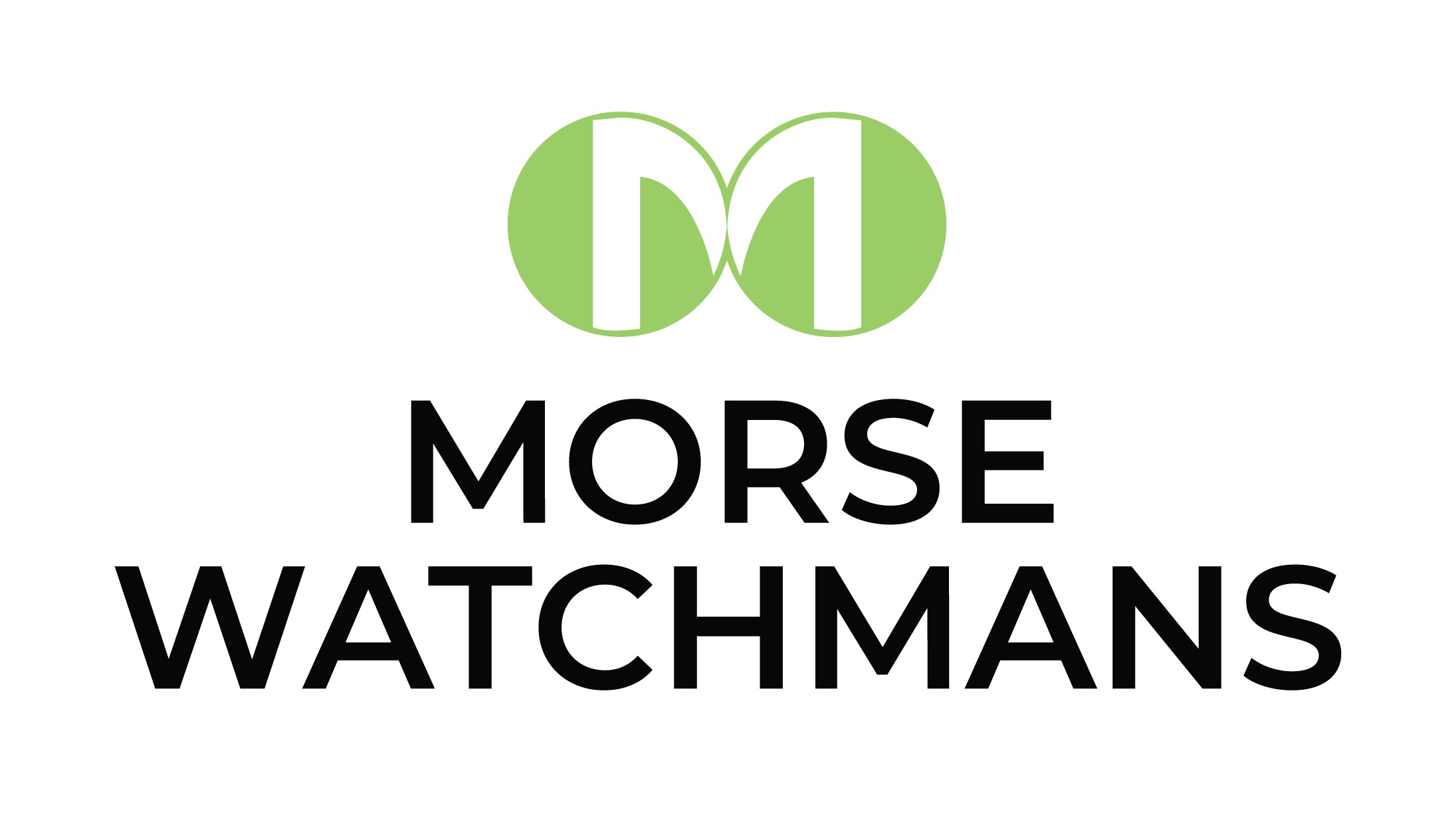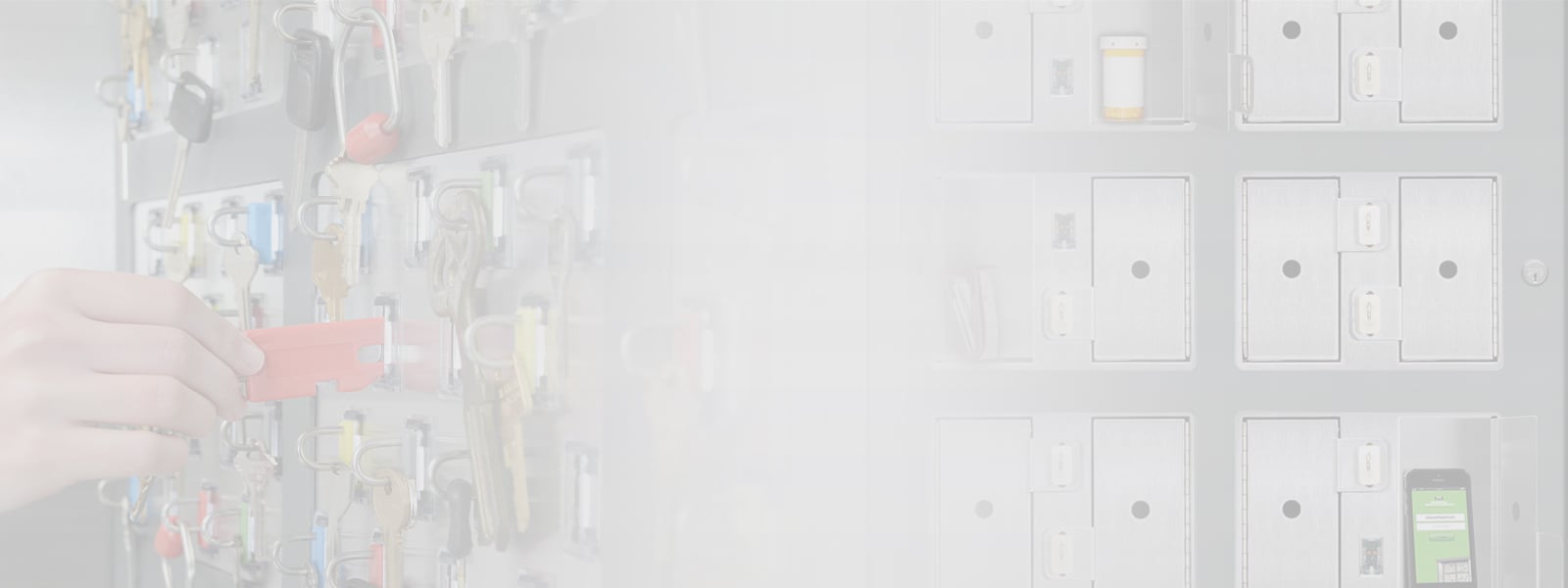It is estimated that 62% of American households own a pet (bird, cat, dog, fish, horse, reptile, small animal), many of which are treated at one of the tens of thousands of veterinary hospitals across the country. Because these facilities are usually open 24/7 and often contain cash and valuable pharmaceuticals, many veterinary hospitals have implemented physical security devices and procedures to help ensure the safety and security of staff, visitors and the precious patients.
Visible security solutions may include video surveillance cameras and locked rooms/cabinets while procedural security solutions would include an established safety routine for tracking drug access. Many vet hospitals have also invested in key control systems that encompass both physical and procedural security benefits as a cost effective and reliable security solution. When keys for the facility and its assets are securely guarded in a locked key cabinet, an extra layer of protection is ensured. Additionally, key control systems that automatically record the access history of each key, including user, date and time of checkout/return help to ensure adherence to the established policies and procedures of a 24 hour veterinary hospital.
Key control systems are designed to electronically release keys only to authorized users. Each individual key is secured to a locking mechanism that features a built-in memory chip and the data from the chip is stored when a key is inserted into or removed from a key slot. From this data, management has a complete history of who used a key and when. Key management systems also allow for a wide range of options for developing custom solutions, including the flexibility to have different levels of security in different areas of the veterinary hospital. For example, the system can be programmed to require two people to log in when access to keys for the pharmacy or biometric waste area is needed.
Key control systems are a reliable and proven instrument for enhancing safety and security and as every pet owner will testify; there is nothing more important than the safety, security and well-being of Fido and Kitty.



